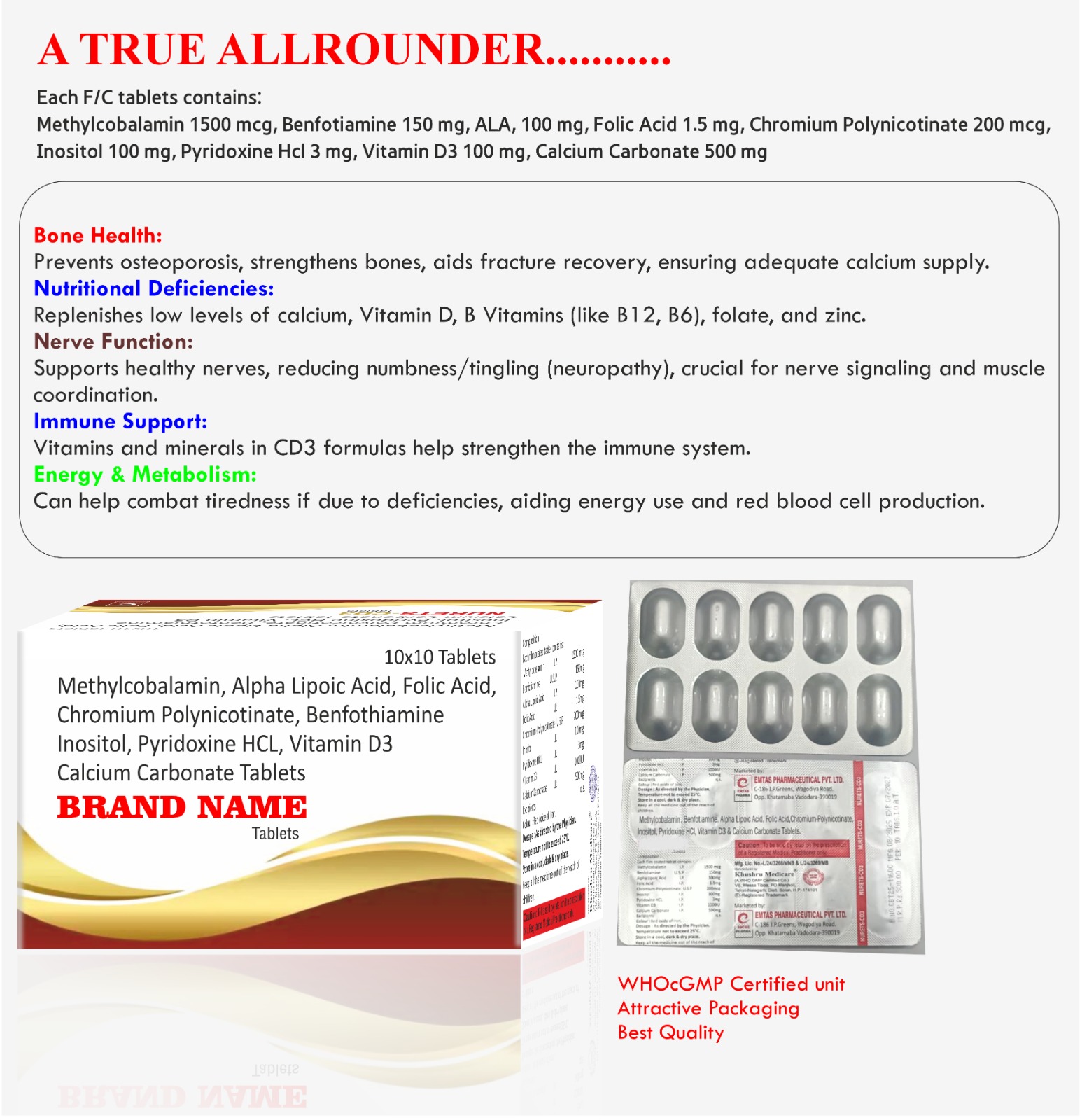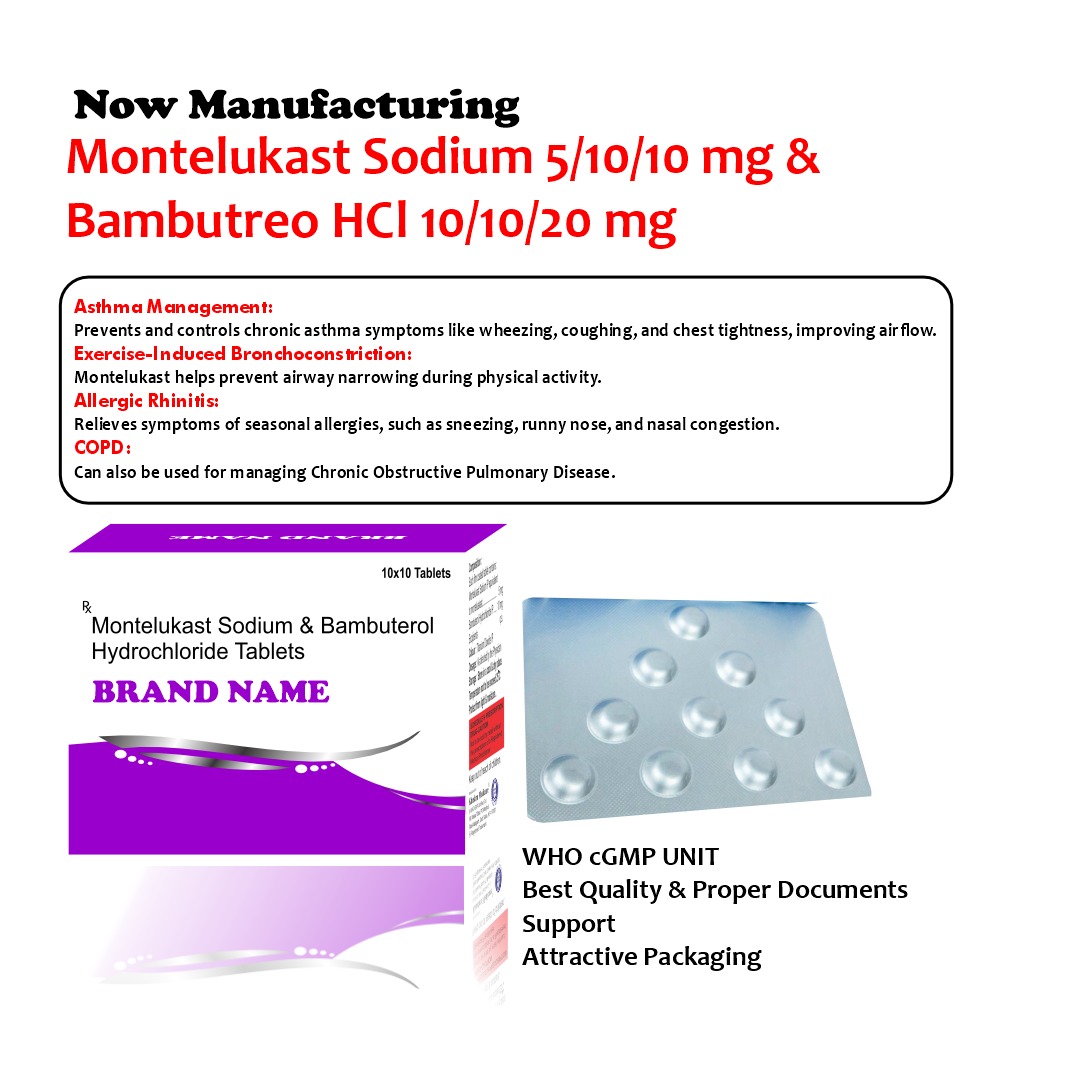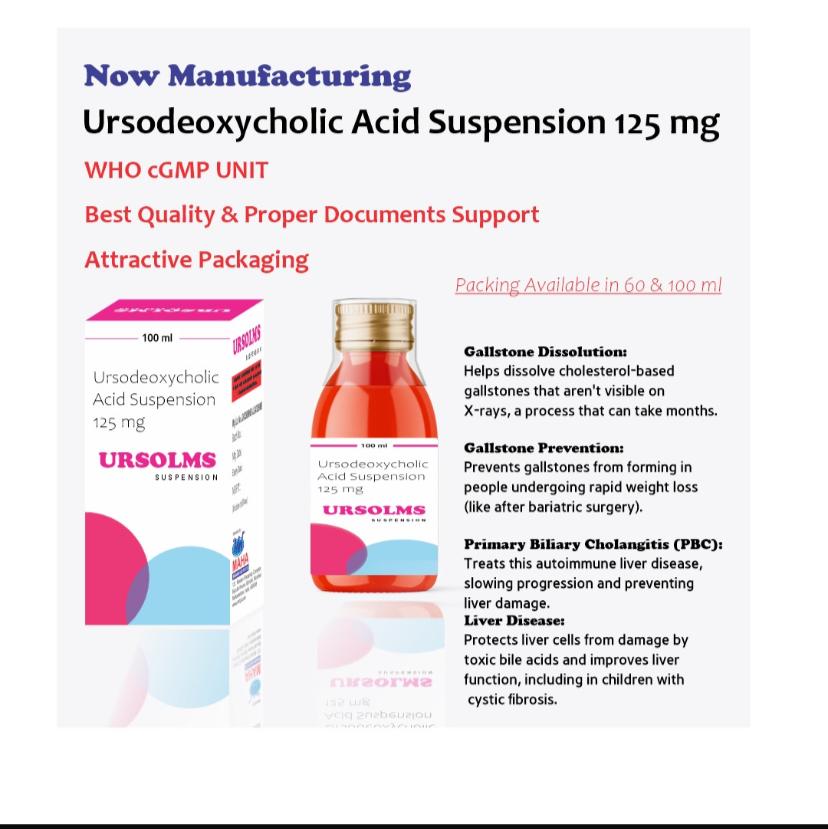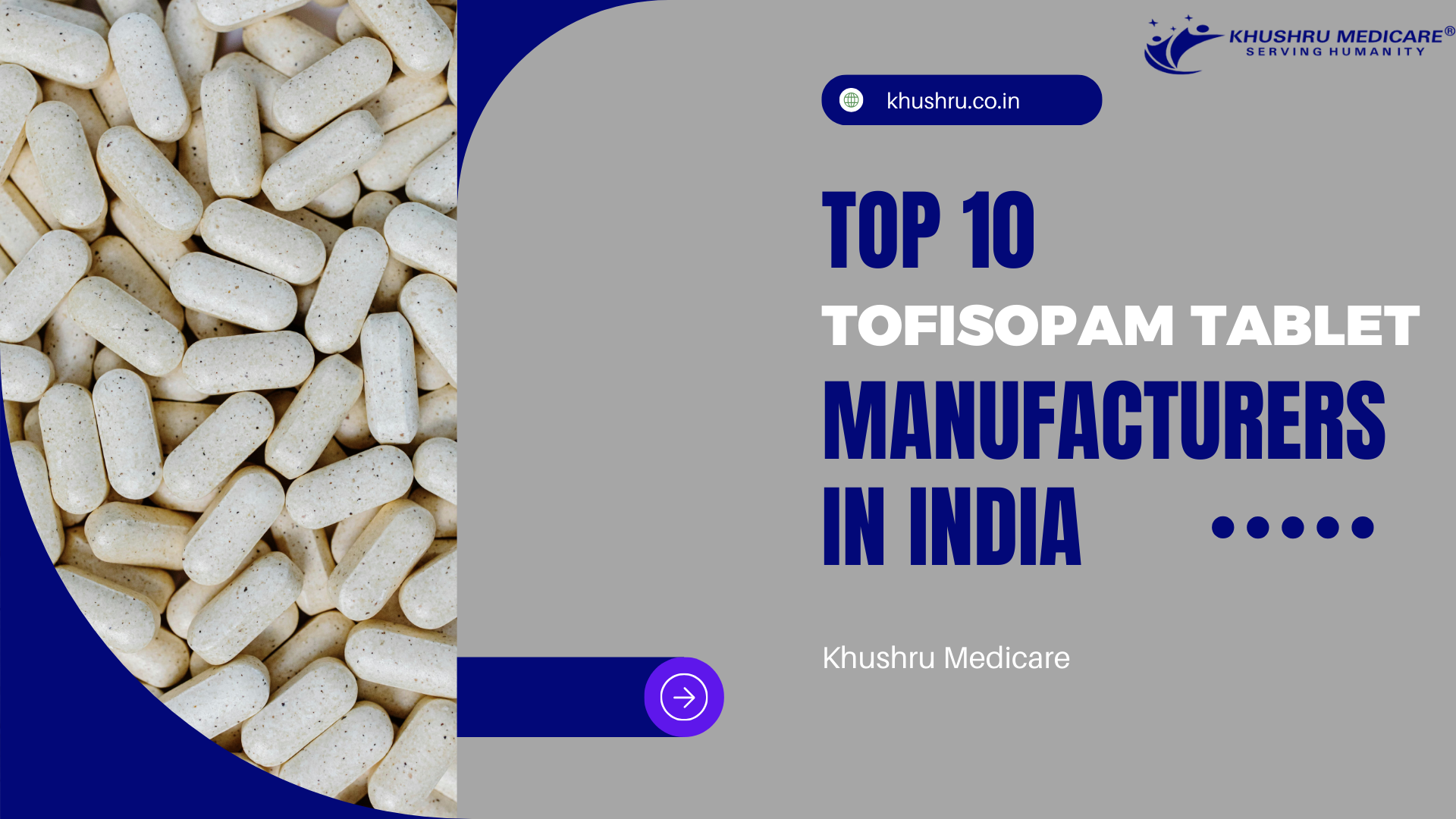The success of a business can be determined by choosing the best third-party pharma manufacturer in the current pharmaceutical market. These suppliers are essential to the manufacturing process because they provide the infrastructure and technical knowledge that allow pharmaceutical businesses to concentrate on developing new products and growing their markets. Understanding the factors to consider when selecting the best third-party pharma manufacturer is crucial for any organization, new or established, in order to guarantee product quality, regulatory compliance, and overall business expansion.
Understanding The Best Third-Party Pharma Manufacturing
Contract manufacturing, another name for third-party pharmaceutical manufacturing, is the practice of contracting out the manufacture of pharmaceuticals to outside producers. Through this strategic alliance, businesses may take advantage of the specialized skills and resources of manufacturing professionals without having to make expensive infrastructure investments themselves. Pharmaceutical businesses can save production costs, streamline operations, and gain access to cutting-edge technology through outsourcing that might not be practical to employ internally.
Key Criteria for Selecting a Best Third-Party Pharma Manufacturer
1. Quality Standards and Certifications
In the pharmaceutical business, quality is unavoidable. Make that a third-party pharma manufacturer complies with strict quality requirements, such Good Manufacturing Practices (GMP), before picking them. For example, businesses such as ABC Pharmaceuticals make certain that all of its contract manufacturers get GMP certification, ensuring that global quality standards are met at every stage of the production process. Additionally, obtaining FDA approval shows a manufacturer’s dedication to upholding the highest standards of safety and efficacy, which is essential for compliance in the US market.
2. Experience and Industry Reputation
The experience and reputation of a best third-party pharma manufacturer are crucial. Look for producers with a proven track record in generating similar pharmaceuticals. For instance, XYZ Pharma selected a manufacturing partner known for its proficiency in oncology medications to ensure the best formulations. Additionally, examining customer reviews and industry references can provide vital information about a manufacturer’s reliability and effectiveness.
3. Production Capacity and Technology
Evaluating a manufacturer’s technological prowess and production capacity is critical to meet demand variations. Modern facilities with advanced equipment enhance consistency and efficiency in industrial processes. For example, XYZ Pharmaceuticals invests in automated production lines for their contract manufacturing partners to ensure accurate and scalable manufacturing of antibiotics and other essential pharmaceuticals.
4. Regulatory Compliance
Navigating regulatory requirements is essential in pharmaceutical manufacturing. Choose a manufacturer well-versed in local and international regulations to avoid delays and compliance issues. Companies like XYZ Pharma prioritize partners that strictly adhere to regulatory guidelines, facilitating smoother product approvals and market launches worldwide.
5. Cost Considerations
While cost is a factor, never sacrifice quality and compliance for it. Examine the pricing policies and cost transparency of potential manufacturing partners. Some manufacturers offer competitive pricing schemes without compromising quality, making them ideal for pharmaceutical enterprises on a budget.
6. Location and Logistics
A manufacturer’s location impacts supply chain efficiency and logistics costs. Choosing a partner near key markets helps reduce expenses and transit times. For example, XYZ Pharmaceuticals strategically selected a manufacturing location in Asia to benefit from lower production costs and quicker access to the region’s growing markets.
7. Communication and Support
Reliable support and effective communication are vital for successful cooperation. Ensure the manufacturer offers attentive customer service and strong communication channels. This guarantees timely updates on production status and prompt resolution of potential issues. Organizations like XYZ Pharmaceuticals prioritize manufacturers that provide proactive communication and round-the-clock customer service throughout the manufacturing process.
Selecting the best third-party pharma manufacturer requires careful consideration of factors like quality standards, regulatory compliance, production capacity, and cost efficiency. By conducting thorough research and due diligence, pharmaceutical companies can forge strong partnerships that drive innovation, ensure product quality, and support long-term growth objectives. Remember, the right manufacturing partner is not just a vendor but a strategic ally in navigating the complexities of the pharmaceutical industry and achieving operational excellence.






